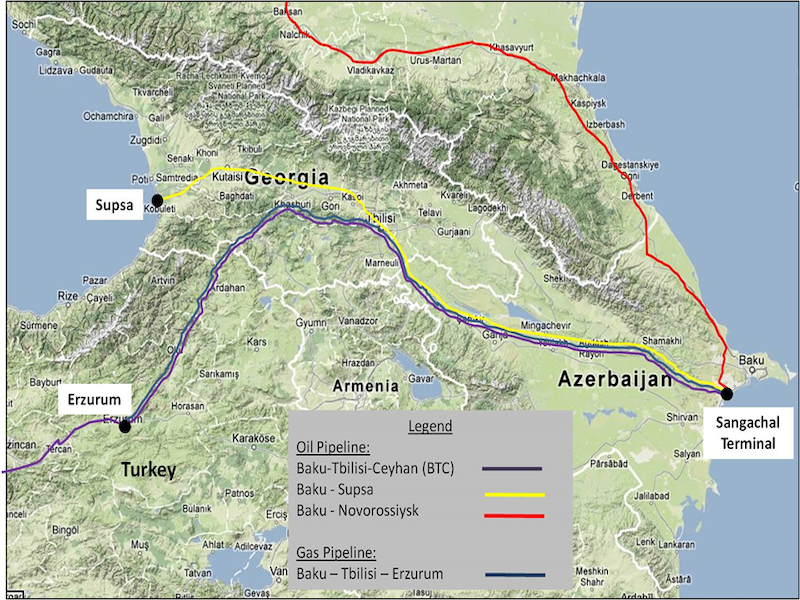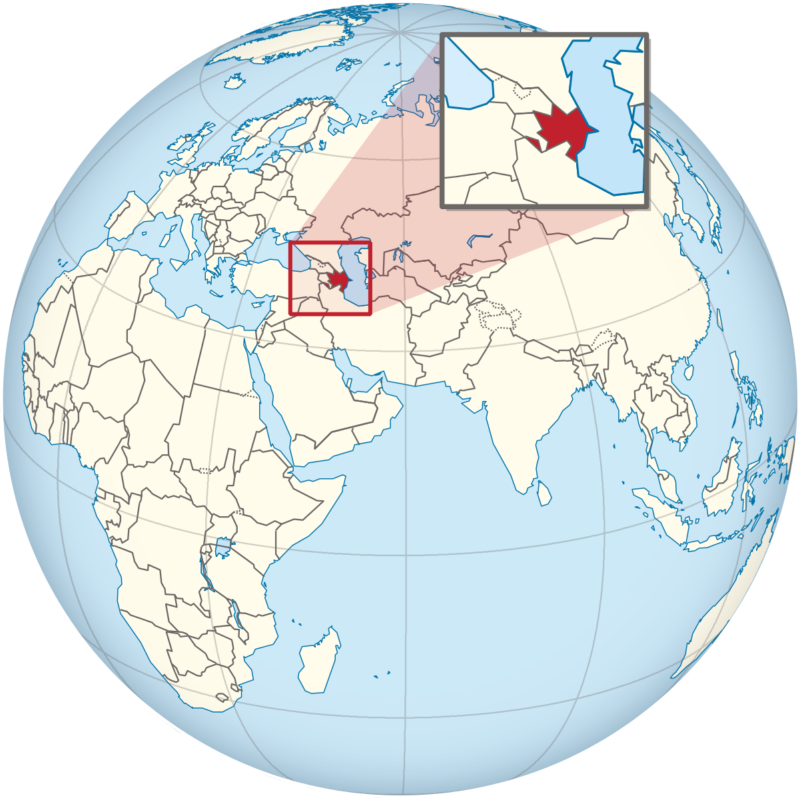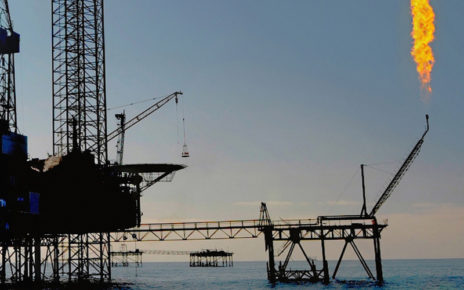In the early 2000s, German Chancellor Gerhard Schroeder convinced his government to take the decision to phase out all German nuclear power plants by 2036. This decision would eventually make Germany more dependent on the Nord Stream 1 (NS1) pipeline, which entered service in 2011 and runs under the Baltic Sea directly from Russia. Schroeder’s policy was then continued by his successor, Chancellor Angela Merkel, who affirmed that the nuclear phase-out should be completed by 2022. Her decision came shortly after the March 2011 Fukushima incident in Japan, as a result of which the constellation of German domestic political forces compelled her to accelerate her original phase-out goal of 2036.
In late 2018, Merkel took the decision to step down as Chancellor before the election in 2021. A new Chancellor, Olaf Scholz, the candidate of the Social Democratic Party (SDP), has now replaced her, but Merkel’s foreign- and energy-policy legacy will still weigh on his administration.
Merkel’s 2011 decision to accelerate Germany’s phasing out of all nuclear power points to 2022 was one of her most consequential.
It likely dooms the transition to renewable energy by both Germany and the European Union (EU) at large. It thus significantly diminishes the probability of any successful “energy transition” incorporated in European Green Deal. It thereby hampers Germany’s commitment to a greener economy for the foreseeable future. It further decreases Germany’s credibility in fighting global climate change, making Germany more susceptible to dependence on foreign sources for energy.
Merkel’s decision was in accord with German public opinion, which has long opposed nuclear power in Germany. The country’s anti-nuclear popular movement has been highly active since the 1970s. In 1975, 28,000 protesters occupied the construction site of a nuclear power plant in Wyhl, in the southwest of the country, halting its construction. Hundreds of thousands of protesters took to the streets against nuclear power, including 200,000 in Hanover and Bonn in 1979.
The German Green Party (Bündnis 90/Die Grünen) was established in 1980, based partly on such anti-nuclear fervour. The movement is still very active, and the phase-out is consistently supported by a majority of the German electorate, according to public opinion polls. In 2011, when Merkel proposed the acceleration of Germany’s nuclear phase-out, 80 percent of German parliamentarians supported the move. The only opposition came from The Left (Die Linke), who argued that the phase-out was not rapid and comprehensive enough.
According to many observers, the nuclear phase-out is a decisive error that seriously hampers Germany’s chance for energy independence, undermines its role as a counterbalance to Russia from within NATO, and endangers its role as a regional force for sustainable development and pragmatic leadership. In their view, nuclear power is key to fighting climate change and embracing green economics and energy development in Europe.
In an open letter to the German government and public, 25 leading foreign and German environmentalists, journalists and academics called on Germany to delay the phase-out in order to meet its CO2 reduction targets. Before the phasing-out, nuclear power accounted for almost a third of Germany’s total energy supply in 2000, as opposed to 11.33 percent in 2020. This change has, in turn, expanded Germany’s reliance on oil and natural gas, much of which it does not produce domestically.
Russia, on the other hand, has supplied most of Germany’s oil and gas since the Russian Federation became a state following the dissolution of the Soviet Union 30 years ago. Germany’s closure of its nuclear power plants is correlated with increased hydrocarbon imports from Russia. Further, Merkel decided to support the Nord Stream 2 (NS2) pipeline, a complement to NS1. NS2 leaves the Russian mainland at Narva Bay, goes under the Baltic Sea, and arrives at Greifswald, where , it connects directly to Germany’s pipeline system, which distributes it to other EU members.
This pipeline deal is worrisome for a number of reasons. First, Russian pipelines themselves have suffered from mismanagement and accidents. In early November 2021, Gazprom pipelines in Bulgaria exploded, resulting in delivery failures to Germany and other West European countries and leading to steep increases in oil prices across the region. Russia has also failed to deliver the agreed-upon amounts of natural gas to Europe. It has recently reduced its gas deliveries to Europe through Ukraine to only 52 percent of the agreed amount.
The energy deals signed by Russia also hampered Western efforts to fight climate change. Some analysts have speculated that the Russian government acted as it did in order to discredit and weaken Western international norms and institutions, including NATO, which just introduced its Climate Change and Energy Security Action Plan as part of the 2030 forum held in Brussels in mid-June 2021.
Russia has been accused of weaponizing oil and gas by signing deals with European countries and then failing to deliver crucial supplies. These actions have further eroded the credibility of the European Green Deal, which presumes a transition to renewable energy across the European Union. The phasing-out of nuclear power (which is a low-carbon and highly reliable source of electricity) and the corresponding increased German reliance on oil, natural gas, and coal, have put the success of the European Green Deal in jeopardy.
Merkel’s anti-nuclear policy, inherited from Schroeder, likewise jeopardizes the existing European Green Deal, which supposed the elimination of “greenhouse-gas emissions” by 2050 in the European Union. The European Green Deal is financed through the €1.8 trillion NextGenerationEU Recovery Plan and the EU’s seven-year budget. It also aims to “make the EU’s climate, energy, transport, and taxation policies fit for reducing net greenhouse gas emissions by at least 55% by 2030, compared to 1990 levels”.
The complete phasing-out of nuclear power in Germany, coupled with the NS2 pipeline if it ever enters into service, will make it more difficult for Germany to meet such targets, vitiating its self-image as an example for other EU countries. A study by the US-based nonprofit National Bureau of Economic Research found the nuclear phase-out to be “expensive” and a “possibly deadly miscalculation.” Another study carried out by economists based at the Berkeley and Santa Barbara campuses of the University of California and at Carnegie Mellon University discovered that, in Germany, “nuclear power was mostly replaced with power from coal plants, which led to the release of an additional 36 million tons of carbon dioxide per year, or about a 5 percent increase in emissions”. The researchers asserted that “burning more coal led to local increases in particle pollution and sulphur dioxide and likely killed an additional 1,100 people per year from respiratory or cardiovascular illnesses”. The nuclear phase-out would thus appear to be at cross-purposes with the EU’s and Germany’s own stated climate goals.
Shortly before leaving office, Merkel, who had assumed the nickname of “Climate Chancellor”, proposed to set 2045 as a national target date for “climate neutrality”, sooner even than the targets of the European Green Deal. However, the nuclear phase-out policy directly contradicts this goal of Merkel’s, because the aforementioned policy direction means decreased consumption of renewable energy and increased reliance on hydrocarbon energy sources (especially from Russia). Whether the new coalition government, led by the SDP, will continue down this counter-productive and environmentally and strategically detrimental path remains to be seen.
Image copyright: Grüne protests against nuclear energy, by Paula Schramm-Politprominenz via Wikimedia Commons. Licensed under CC BY-SA 2.0
Disclaimer: Any views or opinions expressed in articles are solely those of the authors and do not necessarily represent the views of the NATO Association of Canada.




